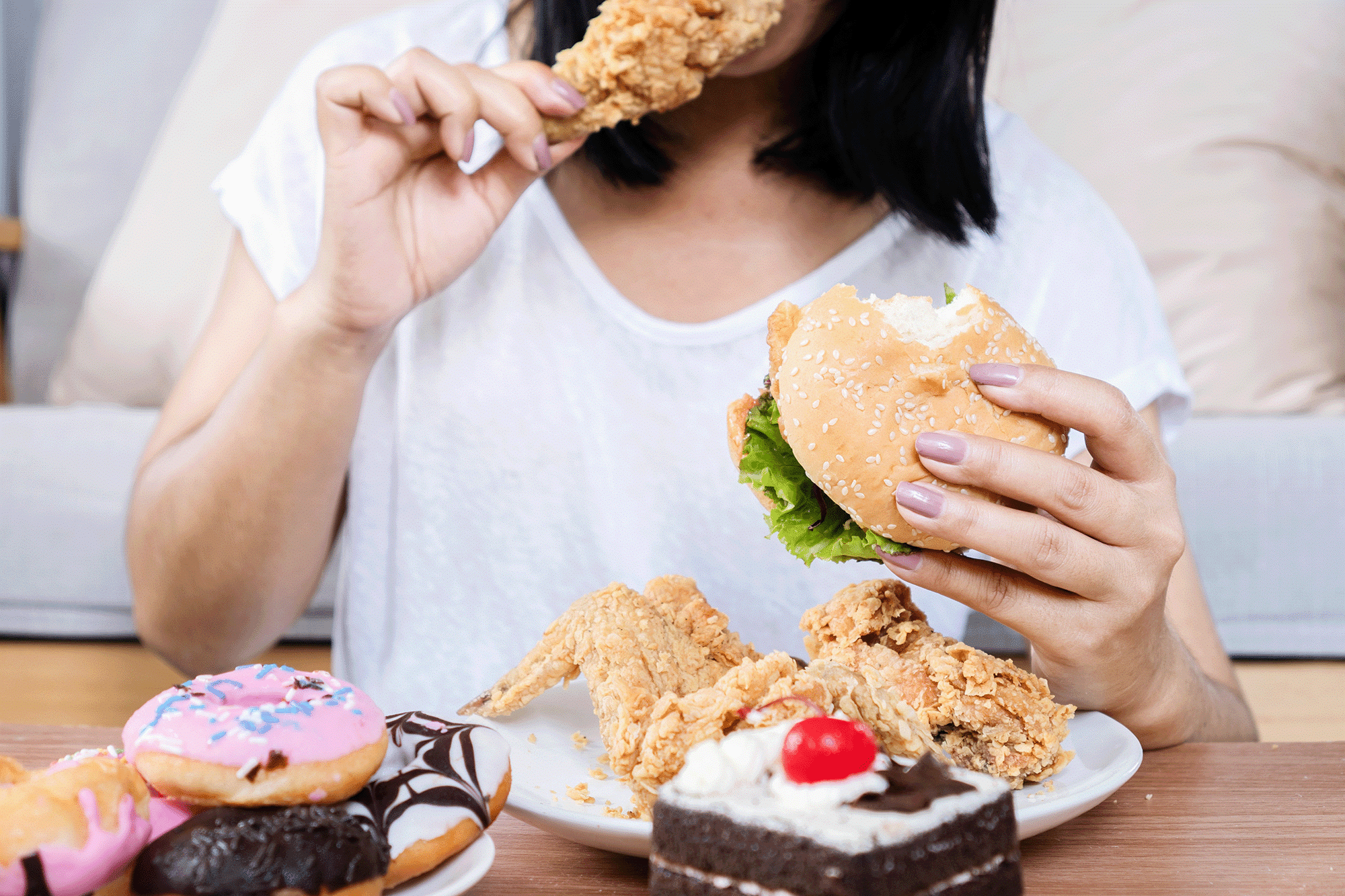Hello, everyone! Holly here. I often receive questions about my eating disorder recovery journey, and today, I want to address a crucial topic: binge eating disorder (BED). This is a common struggle, and understanding it can be the first step towards managing it effectively. Let’s dive into the details by addressing a question from one of our readers.
Reader’s Question
“Holly, you’re such a wealth of knowledge… we are absolutely spoiled by your generosity of information! My question is about managing binges. If I understand well, you seem to have overcome this. I’ve observed that I spend so much time planning meals, buying expensive high-quality products and being diligent to eat well most of the time. But then it can all come undone in one mindless sitting with ice cream, or weekend meals & drinks with friends when I ‘let loose’ and my caloric intake is far too high… I always regret it later. I wouldn’t label myself as having full-blown binge eating syndrome, and I certainly don’t beat myself up for more than a moment, but I’m so drawn by sugar and it’s my undoing. Do you have any advice/resources that you can give that might help someone in my shoes? Thanks a million x”
Understanding Binge Eating Disorder
Binge eating disorder is characterized by recurrent episodes of eating large quantities of food in a short period, often accompanied by feelings of loss of control, distress, and guilt. Recognizing the criteria for BED is essential for identifying whether you or someone you know might be experiencing it.
Key Criteria for Diagnosing BED:
- Recurring Episodes of Binge Eating: This involves consuming an amount of food larger than what most people would eat in a similar time period, usually within any 2-hour window.
- Loss of Control: Feeling unable to stop eating or control what and how much is being consumed.
- Emotional Distress: Feeling disgusted, depressed, or guilty after overeating.
Common Causes of Binge Eating
- Psychological Factors: High levels of stress, anxiety, depression, low self-esteem, and body dissatisfaction are significant contributors to BED. When these emotions run high, food often becomes a coping mechanism.
- Environmental Influences: Our surroundings and the people we spend time with can significantly impact our eating habits. Social gatherings often revolve around food, making it challenging to maintain portion control.
- Restrictive Diets: Following a rigid meal plan can sometimes backfire, leading to feelings of deprivation and eventually binge eating when faced with tempting foods.
Strategies to Manage Binge Eating
1. Address the Root Causes:
- Emotional Awareness: Identify the emotions triggering your binge episodes. Whether it’s sadness, stress, or anxiety, acknowledging these feelings is the first step.
- Healthy Coping Mechanisms: Develop alternative ways to cope with these emotions, such as physical activity, meditation, or talking to a friend.
2. Flexible Eating Plans:
- Balanced Meals: Instead of rigid diets, aim for balanced meals that include a variety of foods. Allow yourself occasional treats to prevent feelings of deprivation.
- Mindful Eating: Focus on the experience of eating, savor each bite, and pay attention to your body’s hunger and fullness signals.
3. Environmental Adjustments:
- Social Strategies: When socializing, shift the focus from food to the company and the experience. Create fun memories that don’t solely revolve around eating.
- Portion Control: Practice portion control, even when indulging in favorite treats. This helps in enjoying the food without overindulgence.
Personal Insights and Tips
I understand how challenging it can be to adhere to a weight loss plan while dealing with binge eating tendencies. Here’s a personal insight: it’s essential to enjoy your food without guilt. I often incorporate fun foods into my meals in moderation. For example, adding a treat like M&Ms to my ice cream occasionally. This way, I don’t feel deprived and can maintain a balanced approach to eating.
Conclusion
Binge eating disorder is a complex condition, but with the right strategies, it is manageable. Remember, it’s about progress, not perfection. If you found these tips helpful, please give this post a like and share it with others who might benefit from this information. For personalized support, feel free to inquire about my 1-on-1 coaching services. Together, we can work towards a healthier relationship with food.
If you have any questions or need further advice, leave a comment below. Stay mindful and be kind to yourself on this journey. 💖
Holly
Additional Tips
- Plan for Indulgences: Allocate a small portion of your daily calories to treats. This prevents feelings of restriction and makes it easier to control portions.
- Stay Hydrated: Sometimes thirst can be mistaken for hunger. Ensure you’re drinking enough water throughout the day.
- Keep Healthy Snacks Available: Have nutritious snacks readily available to curb cravings and prevent overeating on high-calorie foods.
Remember, it’s a journey, and every step towards better understanding your relationship with food is progress. Keep moving forward!

Holly T. Baxter is an Australian Dietitian with over 13 years of experience in health and fitness. She holds a degree in Food Science and Nutrition and a Master of Dietetics from Deakin University. A former professional physique athlete, Holly has two World Championship titles. Her latest project, BiaBody, is dedicated to women’s health and fitness. As an APD Dietitian and Online Physique Coach, she focuses on evidence-based health education and empowering women through fitness.

